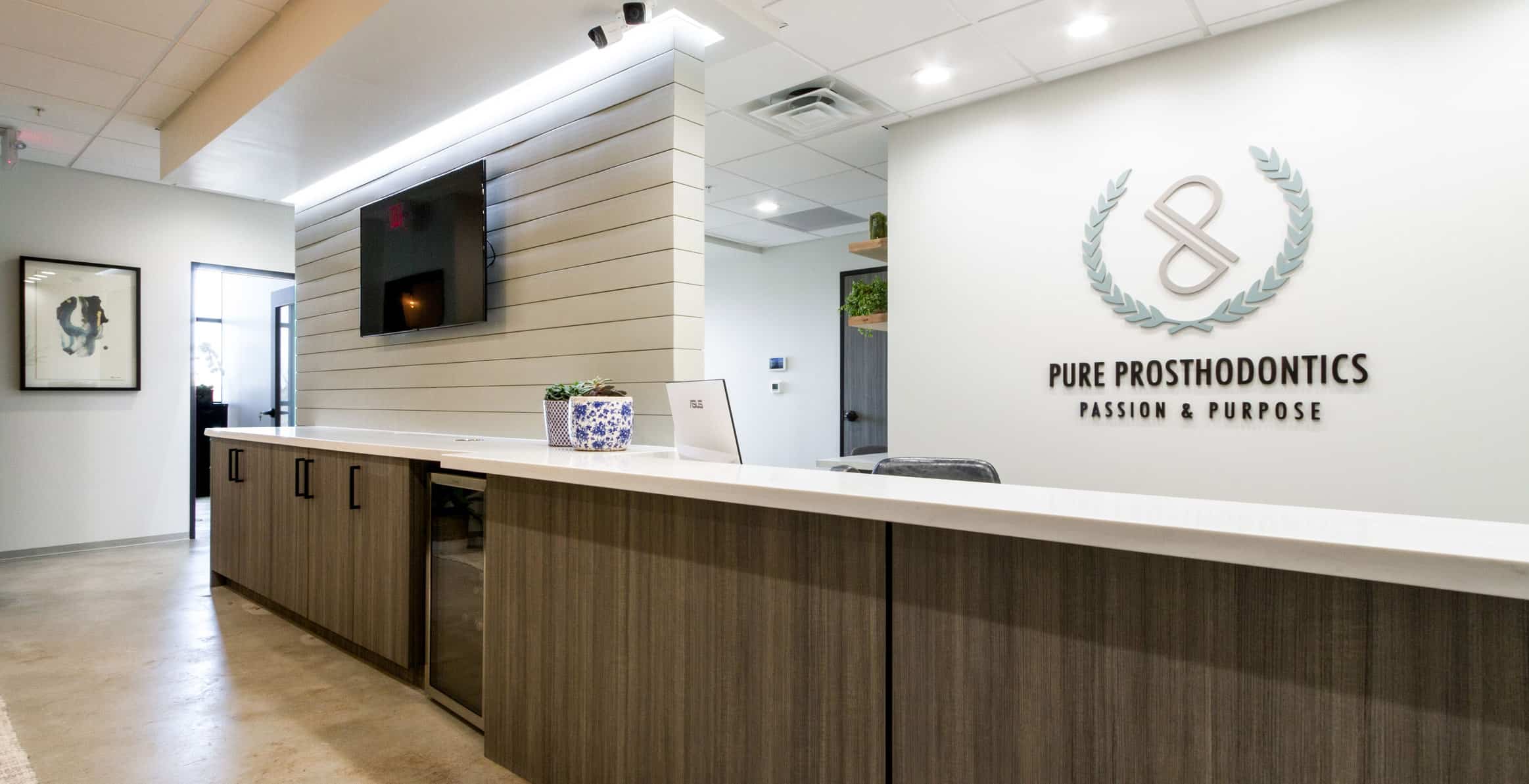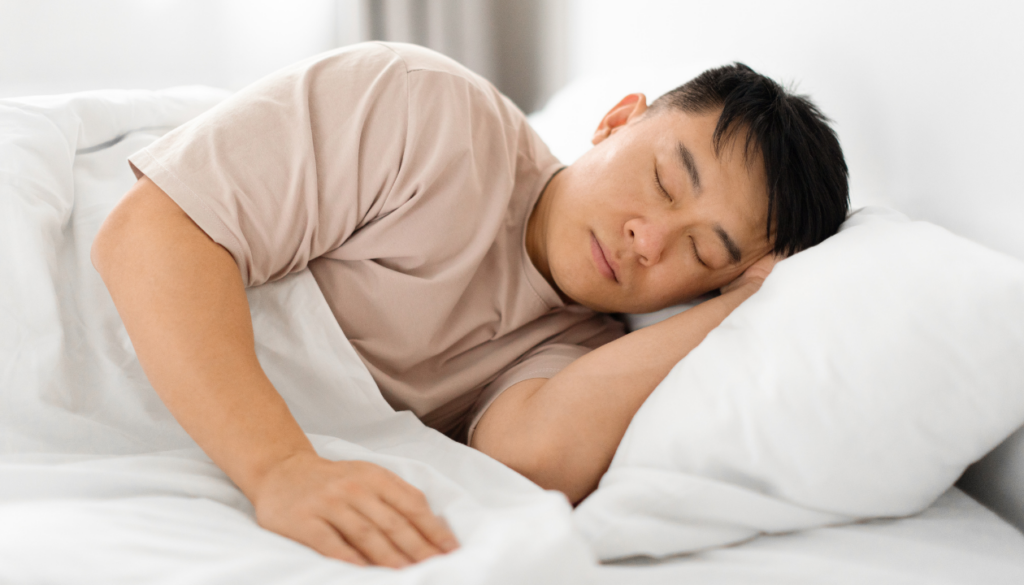Waking up with a headache or sore jaw might not just be a rough night’s sleep; it could be a sign of nighttime bruxism, a condition where you grind or clench your teeth while you sleep. This common issue affects both children and adults and can lead to damaged teeth, headaches, and inflamed gums.
If you’ve experienced any of these symptoms, it’s worth exploring how a mouth guard can help protect your smile.
Mouth guards, also known as night guards or dental guards, are specially designed to cushion your teeth from the pressure of grinding. They’re easy to mold at home and can provide a comfortable fit for nightly wear.
Understanding the signs of bruxism and how mouth guards can alleviate the problem is essential for maintaining your dental health and overall well-being.
Understanding Bruxism
Bruxism refers to the involuntary grinding or clenching of teeth, often occurring during sleep. This condition can lead to various dental and physical issues if not addressed.
What is Bruxism?
Bruxism is the medical term for teeth grinding. You might not realize you’re doing it, especially if it occurs at night.
This unconscious behavior typically stems from factors like stress, anxiety, misaligned teeth, or an abnormal bite. Both diurnal (daytime) and nocturnal (nighttime) bruxism exist, with nocturnal bruxism being more challenging to detect.
Common Symptoms and Signs
Bruxism manifests through several noticeable symptoms. You may experience:
- Headaches: Frequent tension headaches often arise from muscle strain.
- Jaw Soreness: Your jaw may feel sore or fatigued due to pressure exerted during grinding.
- Facial Pain: Pain in the face or around the temples can result from overworked jaw muscles.
- Tooth Damage: Grinding can lead to chipped, cracked, or worn-down teeth.
- TMJ Disorders: Problems with the temporomandibular joint may occur, causing clicking or locking of the jaw.
- Neck Pain: Tension from bruxism can radiate to your neck, leading to discomfort.
- Sleep Disruption: You might notice disturbed sleep patterns or feel unrested upon waking.
Recognizing these signs can prompt you to seek solutions, such as using a mouth guard to mitigate damage and discomfort.
Importance of Mouth Guards
Mouth guards play a vital role in managing nighttime bruxism by providing a protective barrier for your teeth. They help reduce the risk of dental damage and alleviate discomfort associated with teeth grinding.
How Mouth Guards Help with Bruxism
Mouth guards cushion your teeth during grinding episodes, preventing direct contact that can lead to fractures, chips, or wear. By creating a smooth surface for your teeth to grind against, mouth guards can minimize soreness in your jaw and reduce tension-related headaches.
Wearing a mouth guard can also promote relaxation by helping to stabilize your jaw position, further decreasing the likelihood of bruxism occurrences.
Sports Mouth Guards
Sports mouth guards are designed for athletes participating in contact sports. They provide strong protection against injuries from falls or impacts.
If you play sports like football, boxing, or basketball, these guards significantly lower the risk of tooth injuries.
Teeth Grinding Mouth Guards
Teeth grinding mouth guards, often referred to as night guards, are tailored for individuals suffering from bruxism. These devices can be custom-fitted by a dental professional or purchased as over-the-counter options.
They protect your teeth against grinding forces and are typically worn during sleep.
Snoring and Sleep Apnea Mouth Guards
These mouth guards help alleviate chronic snoring and manage obstructive sleep apnea. By repositioning your jaw, they maintain an open airway during sleep, improving breathing and potentially reducing episodes of bruxism indirectly.
Wear the appropriate type of mouth guard to ensure effective protection against the adverse effects of bruxism and enhance your overall dental health.
Custom vs. Over-the-Counter Mouth Guards
Choosing the right mouth guard for bruxism requires understanding the differences between custom and over-the-counter options. Each type offers distinct benefits and limitations, influencing comfort, protection, and cost.
Benefits of Custom Mouth Guards
Custom mouth guards are individually created by a dentist to match your dental structure precisely.
- Fit and Comfort: Custom mouth guards provide an optimal fit based on your dental impressions. This personalized fit increases comfort, making it easier to wear throughout the night.
- Effective Protection: Custom guards effectively reduce the risk of tooth wear and jaw strain caused by grinding. They cushion your teeth more efficiently compared to storebought options.
- Durability: Custom mouth guards typically last longer than over-the-counter devices, leading to better long-term value despite the higher initial cost.
- Versatility for Sleep Apnea: Many custom mouth guards can assist in treating sleep apnea, accommodating use with or without a CPAP machine, enhancing overall sleep quality.
Pros and Cons of Over-the-Counter Options
Over-the-counter mouth guards offer a more affordable and convenient alternative for managing bruxism, but they come with varying degrees of effectiveness.
- Cost-Effective: Over-the-counter mouth guards are significantly cheaper than custom options, making them accessible for individuals on a budget.
- Immediate Availability: These mouth guards are readily available at pharmacies or online. You can find stock options, which you wear as-is, or boil-and-bite options that allow some customization at home.
- Less Comfort: Over-the-counter options may not fit as well as custom guards, potentially leading to discomfort during sleep.
- Limited Protection: Storebought mouth guards generally provide less protection against severe grinding compared to custom types, and they may not address specific issues like sleep apnea.
Understanding the advantages and disadvantages of each mouth guard type helps you make an informed decision based on your specific needs related to nighttime bruxism.
Caring for Your Mouth Guard
Caring for your mouth guard ensures its effectiveness and longevity. Proper maintenance and awareness of when to replace it can significantly enhance your experience and protect your dental health.
Maintenance Tips
- Clean Regularly: Rinse your mouth guard with cold water before and after each use. For deeper cleaning, brush it with a soft toothbrush and mild soap or toothpaste.
- Avoid Heat: Don’t expose your mouth guard to extreme temperatures, such as direct sunlight or hot water, since heat can cause warping and affect fit.
- Store Properly: Keep your mouth guard in a ventilated, sturdy container when not in use. This helps prevent bacteria buildup and protects it from damage.
- Inspect Frequently: Check your mouth guard for cracks, discoloration, or signs of wear regularly. Any visible damage could compromise its protective capabilities.
Following these guidelines helps maintain the effectiveness of your mouth guard and supports overall dental health.
Other Treatment Options for Bruxism
While mouth guards play a significant role in managing nighttime bruxism, various alternative treatment options exist for individuals seeking additional relief and solutions. Exploring these options can address the underlying causes and provide a comprehensive approach to treatment.
Behavioral Therapies
Behavioral therapies effectively target the contributing factors of bruxism, especially stress and anxiety. Techniques such as cognitive-behavioral therapy (CBT) help you identify and modify negative thought patterns that may lead to teeth grinding.
Mindfulness practices, including meditation and deep breathing exercises, promote relaxation and can significantly reduce nighttime grinding. Additionally, engaging in stress-reducing activities like yoga or skilled hobbies before bedtime can create a calming nightly routine, minimizing the tension that triggers bruxism.
Dental Treatments
Dental treatments provide additional avenues for addressing bruxism. Consult with an oral health professional specialized in treating bruxism to receive a thorough examination and personalized recommendations.
Treatments may include custom dental appliances, such as bite plates or splints, which reposition your jaw to alleviate grinding forces. In some cases, Botox injections can effectively reduce muscle activity in the jaw, thereby decreasing the severity of bruxism symptoms.
For those with underlying sleep apnea contributing to bruxism, a dentist may recommend a CPAP machine to maintain an open airway during sleep. Physical therapy targeting jaw, neck, and head muscles can also aid in relieving tension and pain associated with bruxism.
Conclusion
Managing nighttime bruxism is essential for maintaining your dental health and overall well-being. By recognizing the symptoms and understanding the underlying causes, you can take proactive steps to protect your teeth and alleviate discomfort.
Mouth guards serve as an effective solution, offering protection against grinding while enhancing your sleep quality.
Whether you choose a custom or over-the-counter option, proper care and maintenance of your mouth guard will maximize its benefits. Additionally, exploring alternative treatments can further support your journey toward relief.
Don’t hesitate to reach out to a dental professional for personalized advice tailored to your needs. Taking these steps can lead to a more restful night and a healthier smile.
Frequently Asked Questions
What is nighttime bruxism?
Nighttime bruxism is the involuntary grinding or clenching of teeth while sleeping, often leading to headaches, jaw soreness, facial pain, and dental damage.
What are the symptoms of bruxism?
Symptoms include tension headaches, facial pain, jaw soreness, tooth damage, TMJ disorders, neck pain, and disrupted sleep. Recognizing these signs can help prompt management.
How can mouth guards help with bruxism?
Mouth guards act as a protective barrier, cushioning teeth during grinding to reduce the risk of damage and alleviate discomfort, including jaw soreness and headaches.
What types of mouth guards are available for bruxism?
There are various types, including custom mouth guards made by dentists, over-the-counter options, and specific designs for snoring or sleep apnea, each with unique features.
How do custom and over-the-counter mouth guards differ?
Custom mouth guards offer a better fit, durability, and effective protection but are more expensive. Over-the-counter options are more affordable but may lack comfort and protection.
How should I care for my mouth guard?
Regularly clean your mouth guard, avoid exposing it to heat, store it in a ventilated container, and check for wear or damage to ensure its effectiveness and longevity.
What other treatments are there for bruxism?
Alternative treatments include behavioral therapies to reduce stress, dental appliances, Botox injections, and physical therapy. Consult an oral health professional for personalized options.
Can stress cause bruxism?
Yes, stress and anxiety are significant contributors to bruxism. Implementing relaxation techniques and engaging in calming activities can help mitigate symptoms.
When should I replace my mouth guard?
Replace your mouth guard if it becomes loose, shows signs of significant wear, or if there are changes in your dental structure to maintain optimal protection and comfort.
Is bruxism more common in certain demographics?
Bruxism can affect anyone but is often more prevalent in individuals under stress, those with misaligned teeth, or people with sleep disorders.
Guard Your Teeth from Bruxism with Pure Prosthodontics
Nighttime grinding can damage your teeth, but Pure Prosthodontics has the solution. Our custom-made mouth guards protect your smile while you sleep.
Don’t wait until the damage is done—schedule an appointment today to safeguard your teeth from bruxism!



